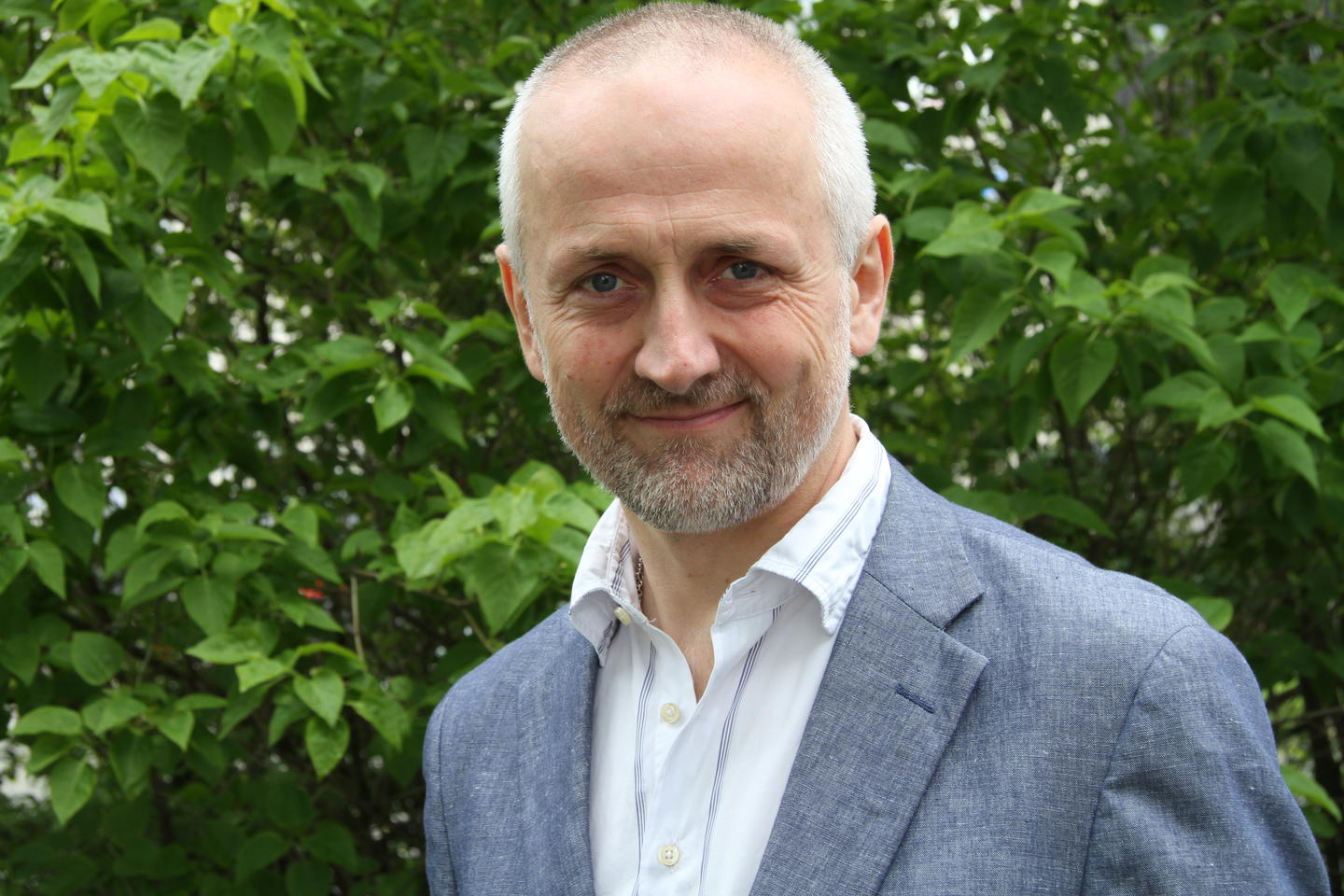Organisations from Iceland, Liechtenstein and Norway and the Council of Europe play a vital role as donor programme partners in many programmes supported by the EEA and Norway Grants. We have asked four partners taking part in the justice programmes (funded by Norway) about their participation as donor programme partner. This is the third of four interviews.
Judicial reforms
It is often said that ‘justice delayed is justice denied’. Norway supports efforts to make courts more efficient and more accessible. Types of activities supported include improving court registres, training for legal professionals, assistance to victims and witnesses during court procedures and systems for resolving disputes out of court.
The Norwegian Courts Administration (NCA) is a donor programme partner in programmes for judicial capacity building and cooperation in Lithuania, Poland and Romania. We asked the Head of International Secretariat, Audun Hognes Berg, about the NCA’s cooperation activities.
Q. In your experience, how easy is it to transfer the Norwegian practice to beneficiary countries?
A. We have to be cautious when assessing which solutions or practices to propose. Factors like societal and judicial culture must be considered when selecting best practices.
Q. What are the specific challenges that the beneficiary countries face?
A. Most countries are struggling to combat backlogs and excessive case-processing times, especially with reduced budgets. This is a challenging environment for reforms.
Q. What do you think is the main strength of Norwegian practice?
A. The Norwegian judicial system is one of the best-functioning in Europe. This relates, among other things, to the timeliness of our decisions. At the same time we are also one of the ‘cheapest’ judiciaries when it comes to costs.
Q. Do you think the funding will make a lasting difference to improving the judicial system?
A. It is hard to measure the long term effects, but I am confident that the funding and the exchange of experiences will improve the judicial systems of beneficiary countries.
By way of example, in Romania we have been involved in a project concerning access to justice. A study was carried out to identify barriers faced by the Roma and other vulnerable groups. Romania will now create a number of centres to help the Roma population and other vulnerable groups in seeking legal advice. The proposed access to justice centres could make a real difference for the judiciary, but also to Romanian society in general.
Read more about the Norwegian Courts Administrations role as donor programme partner
Read more about the judicial capacity building and cooperation programmes
Other interviews in this series
Read the interview with Kim Ekhaugen from the Directorate of Norwegian Correctional Service
Read the interview with Eva Lynghjem from the Norwegian National Police Directorate
